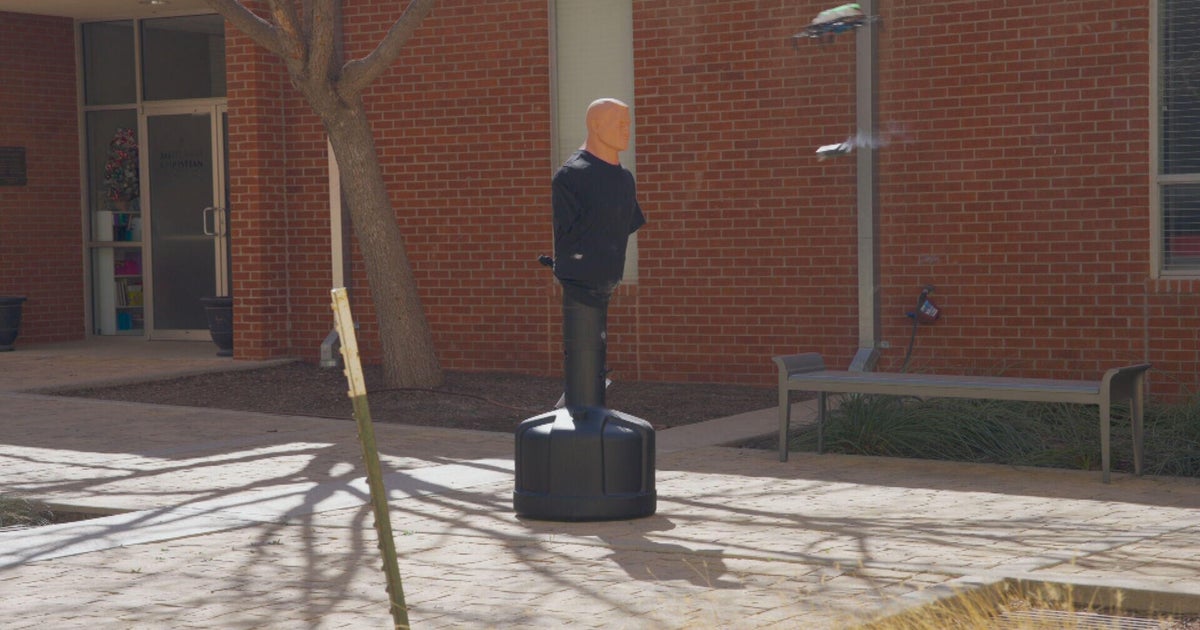Honda's Rocket Ambitions: Still in Testing as Reusable Launch Vehicle Future Remains Uncertain

Honda, the automotive giant known for its reliability and innovation, is exploring the exciting realm of space travel. Following a promising test flight of a reusable launch vehicle (RLV) prototype last month, the company is taking a cautious approach, yet to commit to full-scale development of an operational vehicle. This leaves many wondering: will Honda become a major player in the burgeoning space launch industry?
The Test Flight: A Glimpse of Potential
The recent test flight marked a significant milestone in Honda's R&D journey. While details remain somewhat scarce, the successful flight demonstrated the feasibility of key RLV technologies. Reusability is a crucial factor in reducing the cost of space access, and Honda's pursuit of this technology aligns with the broader industry trend towards more affordable and frequent launches.
Why the Hesitation?
Despite the positive test results, Honda is proceeding with caution. The development of a reusable launch vehicle is an incredibly complex and expensive undertaking. The company is likely weighing a multitude of factors, including:
- Market Demand: Is there sufficient demand for Honda's launch services to justify the investment?
- Technological Hurdles: Reusability introduces significant engineering challenges. Ensuring the vehicle can withstand multiple launches and landings requires advanced materials and robust systems.
- Financial Considerations: The space launch industry is capital-intensive. Honda needs to assess the potential return on investment and ensure it aligns with its overall business strategy.
- Competition: The launch market is becoming increasingly competitive, with established players like SpaceX and emerging companies vying for market share.
Honda's Unique Approach
What sets Honda apart is its unique approach, drawing upon its decades of expertise in automotive engineering. The company's strengths in engine technology, materials science, and precision manufacturing could give it a competitive edge in developing a reliable and efficient RLV. They're not just looking at rockets; they're applying automotive engineering principles to space travel.
Implications for the Future
Honda's decision will have broader implications for the space industry. If the company decides to move forward, it could introduce fresh competition and innovation. Even if Honda chooses not to pursue an operational vehicle, the research and development conducted during this phase could contribute valuable knowledge to the field. The ongoing R&D demonstrates a commitment to exploring new frontiers and leveraging its technological prowess beyond the automotive sector.
What's Next?
For now, Honda remains in the R&D phase, carefully evaluating its options. Industry observers will be closely watching for further developments, as the company’s decision could shape the future of space access and further blur the lines between the automotive and aerospace industries. The question isn't *if* Honda will innovate, but *how* they will apply their expertise to the challenges of space exploration.






